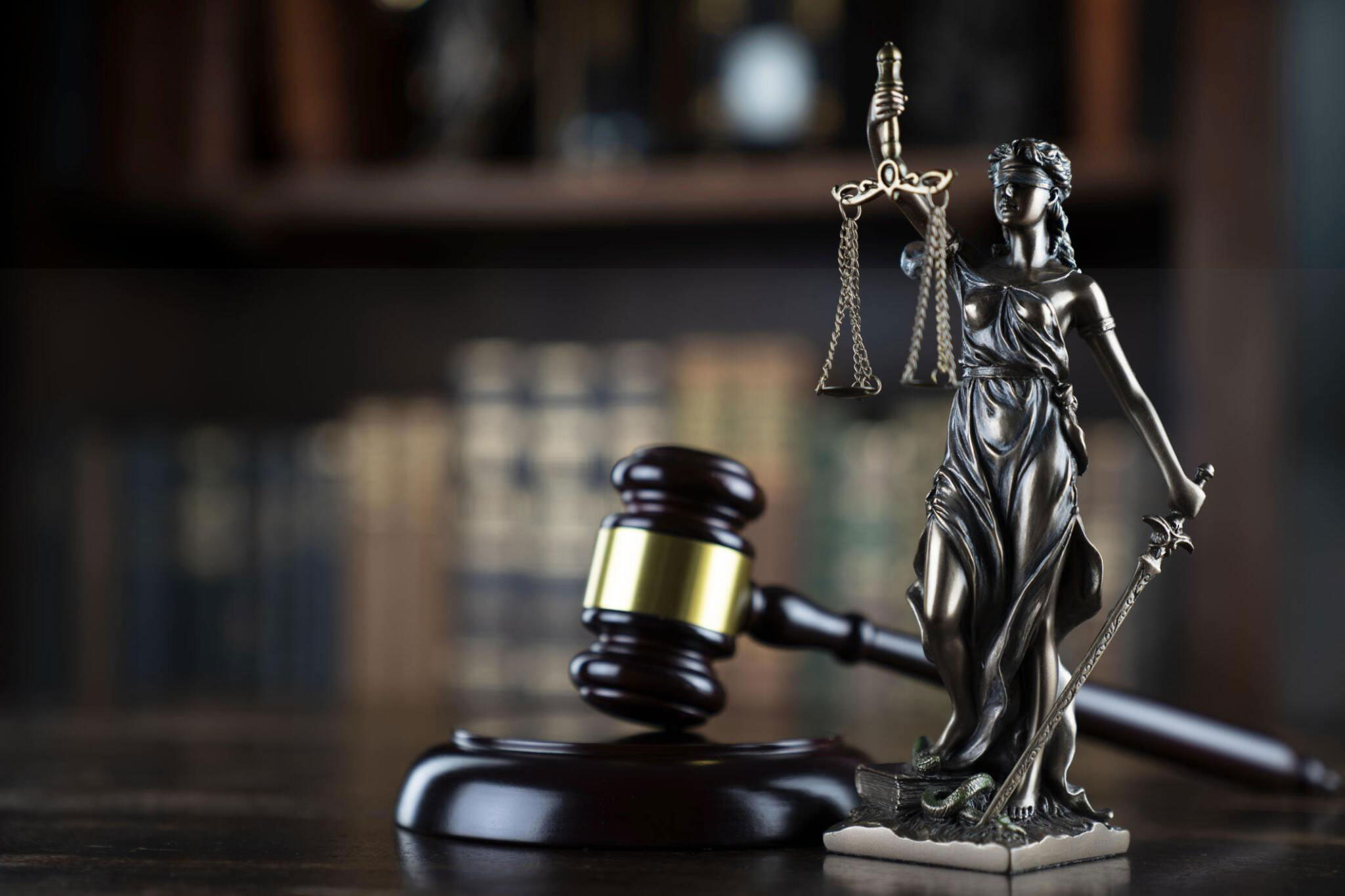Slip and fall accidents are among the most common personal injury cases. However, determining whether you have a valid slip and fall case can be tricky. In New Mexico, like elsewhere, the law considers various factors to assess the liability of a slip and fall incident. Understanding these factors can help you decide if you should pursue legal action.
If you have experienced a slip and fall accident, it’s important to evaluate your situation carefully and seek legal guidance. For that, we’ll walk you through the key considerations to determine whether you may have a valid slip and fall case.
1. The Cause of the Fall
In any slip and fall case, the cause of the accident plays a central role. To pursue legal action, you need to prove that the property owner or responsible party was negligent and created or failed to fix the hazardous condition that led to your fall. Some common causes of slip and fall accidents include:
- Wet or slippery floors (due to spills, weather conditions, etc.)
- Uneven sidewalks or flooring
- Poor lighting in walkways
- Obstructions in walkways (such as debris or obstacles)
- Inadequate warning signs for hazardous conditions
If the property owner failed to maintain a safe environment and that failure led to your fall, there may be grounds for a lawsuit.
2. Knowledge of the Hazard
The next factor is whether the property owner or responsible party knew about the hazardous condition or should have known about it. New Mexico law requires that the property owner either created the hazard or had sufficient time to discover and correct it. This principle is known as “premises liability.”
For example, if a store has a wet floor and doesn’t post a warning sign or clean it up in a reasonable amount of time, they may be held responsible for an injury caused by the slip and fall. On the other hand, if you were in an area where a spill occurred moments before you entered and the owner had no reasonable chance to address it, you might not have a case.
3. Your Actions Leading to the Fall
Your own actions before and during the fall can also affect the validity of a case. If you were engaging in reckless behavior (e.g., running in a store, ignoring warnings, or using the property in an unsafe manner), it could reduce or eliminate your ability to claim compensation. Property owners are not expected to protect visitors from their own carelessness.
However, if the hazard was particularly dangerous or difficult to see, and you fell because of it, this may support your case. In these situations, the property owner might be found liable for not maintaining a safer environment.
4. Injuries Sustained
For a slip and fall case to be viable, you must have sustained injuries. If you fell but didn’t get hurt or only experienced minor discomfort, pursuing legal action may not be worth it. That said, injuries can range from minor bruises to serious conditions such as sprains, fractures, head trauma, and spinal injuries.
If you sustained serious injuries that resulted in medical bills, lost wages, and pain and suffering, it is more likely that you have a valid case. Remember that any slip and fall injury should be thoroughly documented with medical records, so it’s essential to seek medical attention right away.
5. Prompt Documentation and Evidence Gathering
After a slip and fall, the evidence surrounding the accident is crucial to your case. Take immediate steps to document everything:
- Report the incident: File an accident report with the property owner or manager.
- Photographs: Take photos of the hazard (e.g., wet floors, broken stairs, etc.), your injuries, and the scene of the accident.
- Witness statements: If there were any witnesses, get their contact information and ask them to provide statements.
- Medical records: Document your injuries with medical records from your doctor or healthcare provider.
Having proper documentation makes it easier to prove liability and the extent of your injuries, which strengthens your case.
6. Consulting a Lawyer
If you’re unsure whether you have a valid slip and fall case, it’s wise to consult a personal injury lawyer. An experienced slip and fall lawyer can evaluate your case and help you understand the strength of your claim. They can guide you through the legal process, ensure that your rights are protected, and help secure fair compensation for your injuries.
At Amador Law Firm, we handle slip and fall cases with a focus on getting our clients the compensation they deserve. Our team will thoroughly investigate the details of your case, assist you in gathering evidence, and represent you in negotiations or court.
If you’ve been injured in a slip and fall accident in Albuquerque, reach out to us for a consultation today. We have hundreds of 5-star reviews for a reason!

 Call
Call